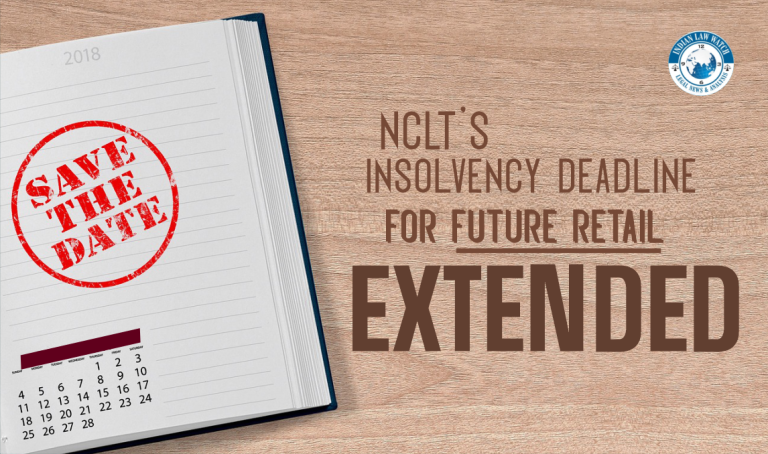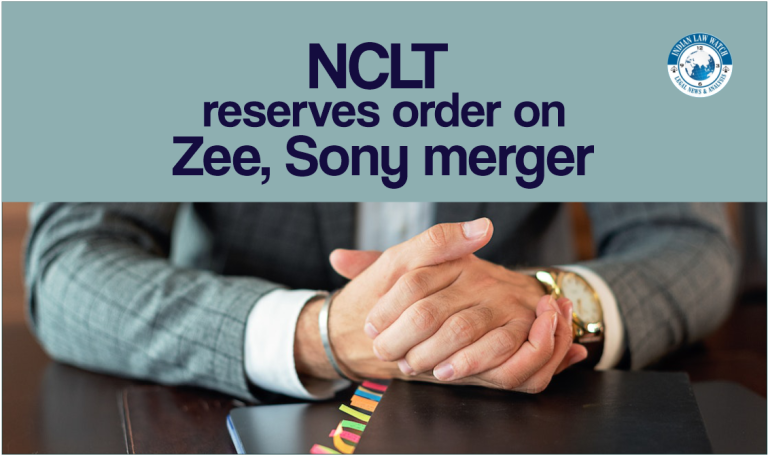
The Securities and Exchange Board of India (Sebi) has introduced an optional T+1 settlement cycle for the markets. T+1 means that settlements will have to be cleared within one day of the actual transactions taking place. The regulator has put the onus on the stock exchanges to decide whether they want to opt for the shorter settlement cycle for any of the listed scrips. This can be done after giving a one-month prior notice to all stakeholders. A switch to the T+1 settlement cycle is expected to benefit domestic investors by increasing market liquidity and trading turnover while reducing settlement risk and broker defaults. Foreign portfolio investors (FPIs), however, are expected to face considerable operational challenges in adjusting to the new regime because of the difference in time zones, especially for the US and European investors.
The Securities and Exchange Board of India said in a notification on Tuesday that exchanges can offer T+1 or the already existing T+2 rolling settlement cycles from January 1, 2022.
Currently, trades on the Indian stock exchanges are settled within two days, just like most major markets such as Singapore, Hong Kong, Australia, Japan, and South Korea. Taiwan, which had switched to T+1 settlement, has moved back to the T+2 cycle.” Domestic investors will be in favour of moving to the T+1 system since all the money today is coming on a realised basis. The offshore investors, however, will face an issue.
After that, in case the exchange intends to switch back to the T+2 settlement cycle, it will do so by giving one-month advance notice to the market.
Any subsequent switch (from T+1 to T+2 or vice versa) will be subject to the minimum notice period. There will be no netting between T+1 and T+2 settlements.
Two different settlement cycles on different exchanges for the same scrip could also result in the flow of domestic liquidity from one exchange to another.
A market transition to T+1 would require significant, coordinated, and expensive structural changes to the settlement process, including technological enhancements and real-time/near real-time trade processing, all of which would limit and delay the realization of the expected risk-reducing benefits of shortening the settlement cycle. It is unrealistic to expect that global investors can streamline what would typically be a multi-year initiative to meet Sebi’s timeframe of 2022,”
China is the only market of significant size and scale which operates on a shortened settlement cycle (T0/T+1). The Indian market had migrated to T+2 in 2003 under the then Sebi Chairman G N Bajpai.
The chosen settlement option on a scrip will be applicable to all types of transactions in the scrip on that stock exchange. For example, if security is placed under T+1 settlement, regular market deals and block deals will follow the T+1 settlement cycle on that exchange.





